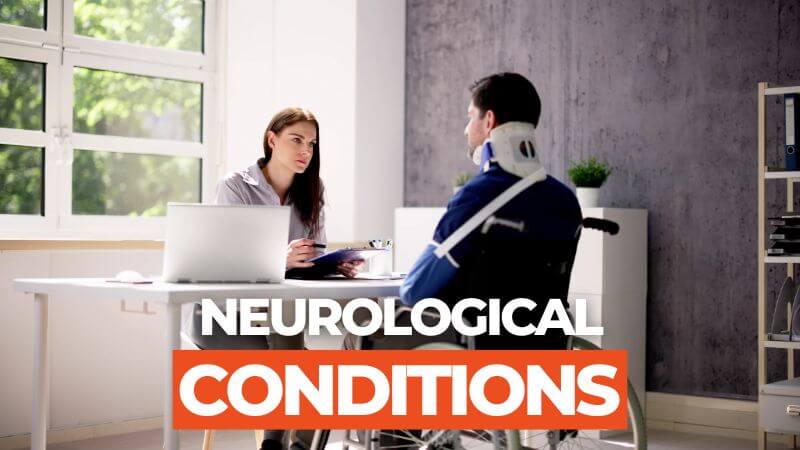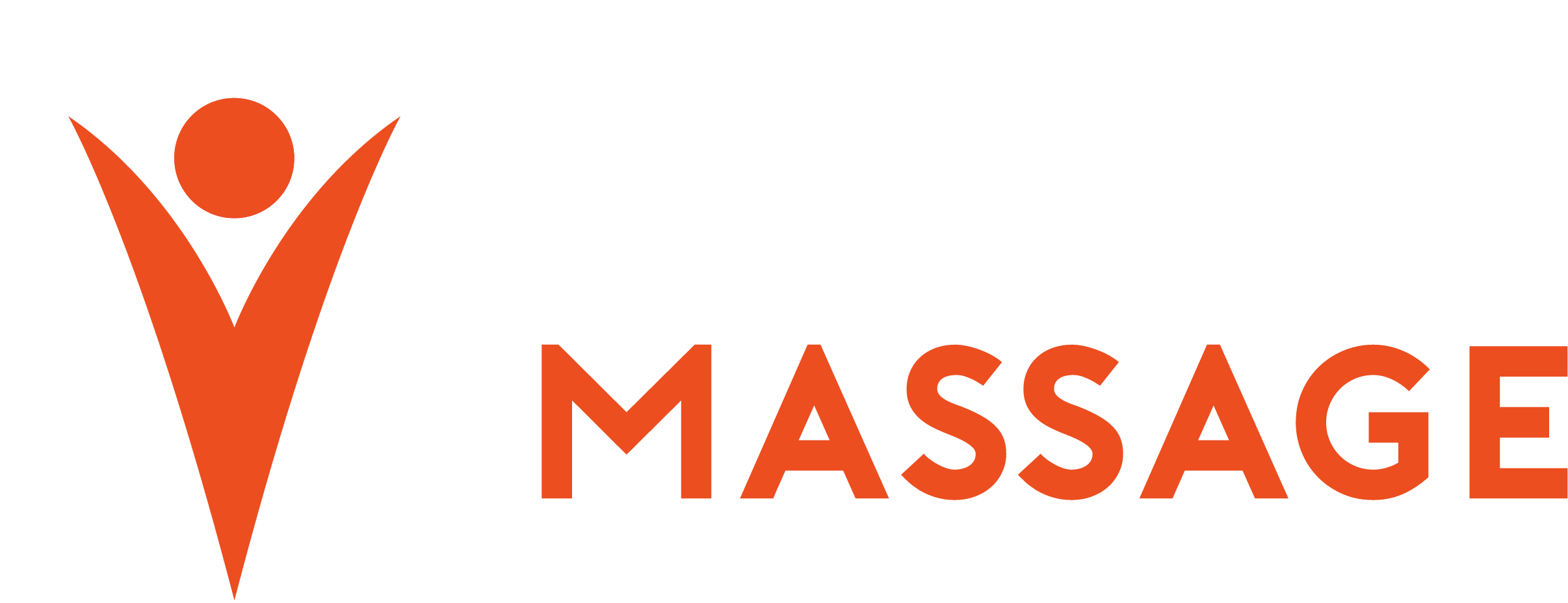What Is a Neurological Conditions Or Injury?

Neurological conditions or injuries encompass a broad spectrum of disorders that affect the brain, spinal cord, and nerves throughout the body.
These conditions can significantly impact an individual’s quality of life, influencing not only physical abilities but also cognitive functions, emotions, and behaviors.
Understanding these conditions is at the core of neuro massage, empowering therapists to effectively treat individuals and impact lives positively.
Understanding Neurological Conditions
At the heart of all neurological conditions is the nervous system, the complex, intricate network responsible for sending and receiving messages that dictate everything from movement and balance to memory and speech. When this communication is disrupted, either through injury or disease, the consequences can be profound, affecting every aspect of a person’s life.
Some of the more common Neurological Conditions and injuries are:
1. Brain Injuries
Brain injuries represent a spectrum of conditions resulting from damage to the brain inflicted by external forces or internal complications, like bleeding. These injuries vary in severity; mild cases include concussions, which momentarily disrupt brain function, while severe cases encompass traumatic brain injuries (TBIs). TBIs can cause lasting changes in cognitive abilities, physical capacities, and behavior.
2. Stroke
Strokes are significant neurological events caused by an interruption in the brain’s blood supply. This disruption can lead to serious, long-term consequences, including paralysis, speech and language difficulties, and other profound disabilities that affect a person’s quality of life. Strokes require distinct recognition due to their unique impact on the brain and the individual’s overall health.
3. Spinal Cord Injuries
Spinal cord injuries involve damage to the spinal cord, which can result in a loss of function such as mobility or feeling. The severity of the injury depends on the part of the spinal cord affected and whether the injury is complete (no function below the level of the injury) or incomplete (some sensory or motor function below the affected area). These injuries often result in permanent changes in strength, sensation, and other body functions below the site of the injury.
4. Multiple Sclerosis (MS):
MS is an autoimmune disease that affects the brain and spinal cord. The immune system attacks the protective sheath (myelin) that covers nerve fibers, causing communication problems between the brain and the rest of the body. Symptoms can include fatigue, mobility issues, and cognitive challenges. The course of MS can vary greatly from person to person, making it a condition with a highly individual impact.
5. Parkinson’s Disease
Parkinson’s disease is a progressive neurological disorder that primarily affects movement. It develops gradually, sometimes starting with a barely noticeable tremor in just one hand. Other common symptoms include stiffness or slowing of movement. As the disease progresses, it can lead to difficulty with walking, talking, and completing simple tasks.
6. Cerebral Palsy
Cerebral palsy is a group of permanent movement disorders that appear in early childhood. Signs and symptoms vary among people and over time but commonly include muscle rigidity or floppiness, poor coordination, and tremors. There might be problems with sensation, vision, hearing, swallowing, and speaking. Often, babies with cerebral palsy do not roll over, sit, crawl, or walk as early as other children their age.
7. Motor Neuron Disease (MND)
MND is a rare condition that progressively damages the nervous system, leading to muscle weakness and wasting. MND can significantly impact a person’s ability to move, speak, eat, and even breathe. Although there is currently no cure for MND, treatments can help reduce the impact of the disease on a person’s daily life.
Learning Pathways in Neuro Massage
Each neurological conditions significantly impacts individuals’ lives, highlighting the importance of deep understanding and effective treatment approaches. For massage therapists aiming to specialize in neurocare, tailored educational pathways are available, offering comprehensive insights into these conditions and equipping learners with the skills needed to provide effective support.
1. Advanced Diploma in Neuro Massage
This course provides a broad overview, equipping learners with foundational knowledge of various neurological injuries and conditions from a massage therapy perspective.
It’s designed for those seeking to grasp the wide spectrum of neurological disorders, understand their impacts on individuals, and learn the basics of care, support, and massage techniques that can be beneficial.
Students will learn how to approach treatment confidently and safely, considering the specific needs and challenges associated with neurological conditions.
2. Diploma in Specific Neurological Injuries or Conditions
These specialized courses delve deeper into specific conditions or injuries, such as brain injuries, MS, Parkinson’s Disease, cerebral palsy, or MND. Offering in-depth knowledge and practical massage skills tailored to each condition, these courses prepare professionals for advanced roles in treatment, rehabilitation, and patient support. Graduates will be well-equipped to apply specialized massage techniques that can help manage symptoms, improve quality of life, and assist in the rehabilitation process for individuals affected by these specific neurological issues.
3. Expanding Your Knowledge with Certificate Courses
In addition to the comprehensive diploma courses, a wide range of certificate programs is also available to those looking to expand their knowledge and skills further. These certificate courses cover a variety of topics, including general knowledge such as Neuro terminologies, which is particularly useful for navigating the complex landscape of neurological conditions. Understanding these terminologies is crucial for professionals who may encounter specific terms used within the neurological field.
These certificate courses are beneficial for:
- Individuals who have experienced neurological injuries, providing them with a better understanding of their condition.
- Carers looking to enhance their ability to provide support and care.
- Healthcare and wellness workers aiming to broaden their expertise and improve their practice.
The certificate courses offer a flexible way to deepen your understanding of neurology-related topics, complementing the skills gained through the advanced diploma and diploma programs. Whether you’re a massage therapist, a healthcare worker, or someone directly affected by neurological conditions, these courses can provide valuable insights and practical knowledge to aid in treatment, support, and rehabilitation efforts.
Please click here to see the full list of certificate courses which will enhance your learning and enable you to confidently address the needs of those with neurological conditions and injuries
Final Thoughts on Neurological Conditions and Injuries
As you’ve seen, that some Neurological conditions can significantly impact an individual’s quality of life, influencing not only physical abilities but also cognitive functions, emotions, and behaviors.
So, take a look at the different types of Neurological conditions mentioned above, and be sure to checkout the courses that will help you, whether as a patient or a healthcare giver.
